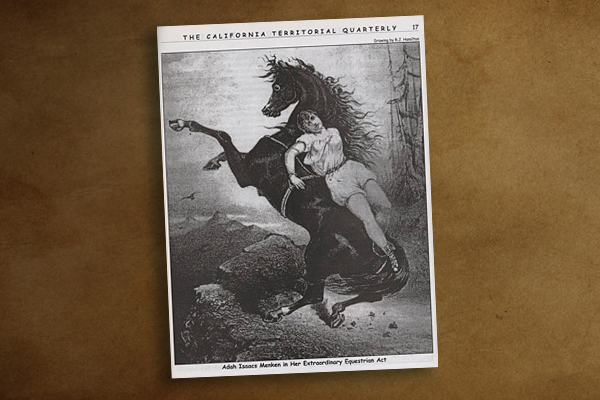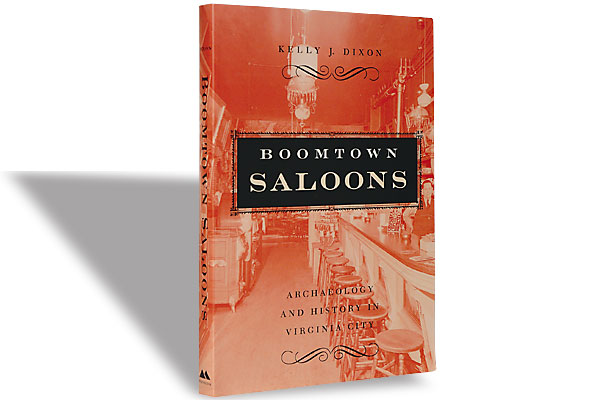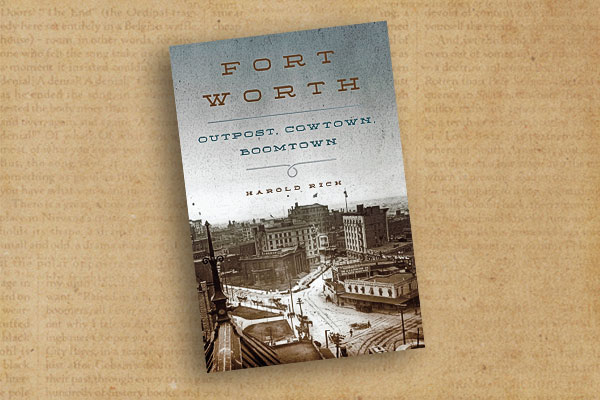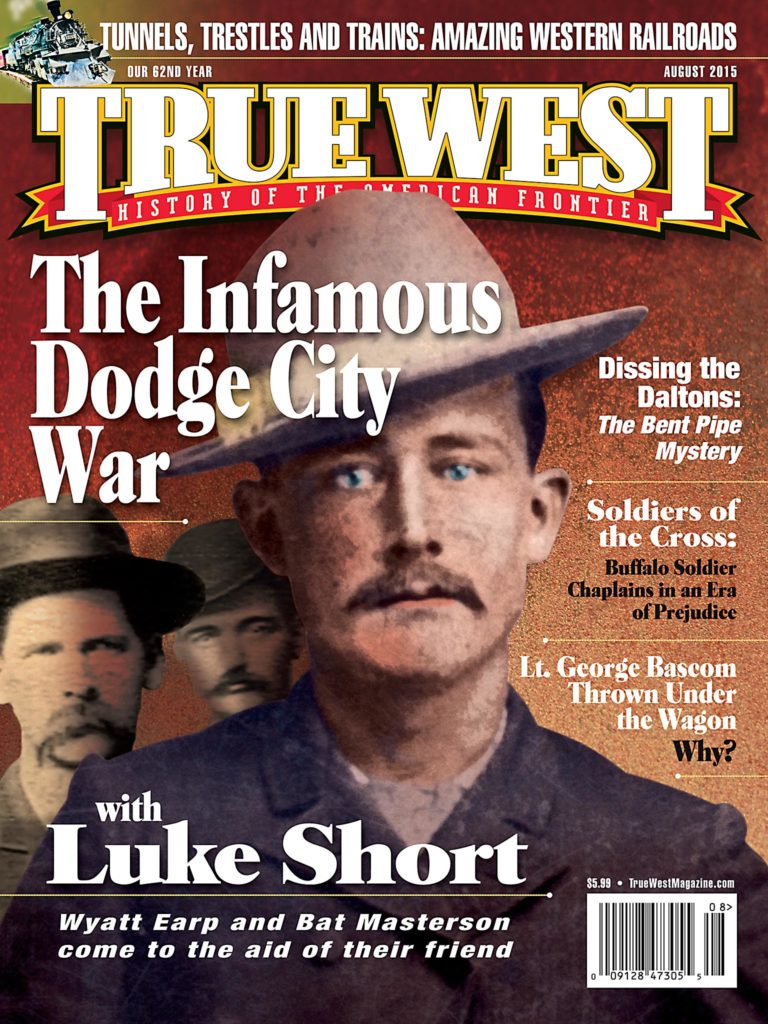 Female performers who played in the rough-hewn mining camp theaters had an edge on their male counterparts simply because they were women. That alone was enough, in many parts of the West, to draw a crowd. Actresses then, as now, were the harbingers of social change. Lotta Crabtree, appearing on stage while still a teenager, shocked audiences by baring her legs and smoking on stage. Lotta, a strikingly beautiful lady, with sparkling eyes and lustrous blond hair, was America’s highest paid actress during her heyday. Talented performers could attract high prices. Tickets to see Lola Montez in San Francisco during the 1860’s cost $65 apiece.
Female performers who played in the rough-hewn mining camp theaters had an edge on their male counterparts simply because they were women. That alone was enough, in many parts of the West, to draw a crowd. Actresses then, as now, were the harbingers of social change. Lotta Crabtree, appearing on stage while still a teenager, shocked audiences by baring her legs and smoking on stage. Lotta, a strikingly beautiful lady, with sparkling eyes and lustrous blond hair, was America’s highest paid actress during her heyday. Talented performers could attract high prices. Tickets to see Lola Montez in San Francisco during the 1860’s cost $65 apiece.
Provocative encores could be lucrative too. Adah Issacs Menken a free-spirited performer, appeared in La Mezappa in Virginia City, Nevada, in a role that called for her to ride across the stage strapped to the back of a horse wearing nothing but a flesh-colored body stocking (Adah, not the horse). The mostly-male audience was so inspired by the illusion of this beautiful, nude nymph strapped to a black stallion that when she came out for an encore, they began throwing money on the stage. Adah knew a good deal when she saw it. Wearing nothing but a smile and a gauzy, body stocking, she made encore after encore, raking in thousands of dollars in gratuities from her lusty, red-blooded male admirers.
But, there were limits to what these lonely men would tolerate. Antoinette Adams was the first performer to play Virginia City. She stood six-feet tall, stoop shouldered with a long, gooseneck and a large Roman nose. She was described as being “ugly as a snaggle-toothed dog” and old enough to be their aunt.
Miss Antoinette broke into a sentimental tune called “Under the Willow,” a ballad dear to the miner’s hearts and before she got through the first verse, one of the miners stood and shouted, “Three cheers for Miss Adams.”
When the applause died down he passed his hat encouraging the audience to give generously for Miss Adam’s retirement fund. Silver dollars rained down on the stage like a hailstorm.
When order was restored, Miss Adams, all smiles and blushes, again sang “Under the Willow.” Once more there was wild applause followed by more money tossed on stage.
She looked out at the audience and tried again to sing but all she could manage was a high-pitched wheeze.
Out she backed, smiling and throwing kisses while yet more money flooded the stage as the curtain fell.
The next day the stage coach left town with Antoinette Adams on board and allegedly, carrying enough money to last her the rest of her natural life.






